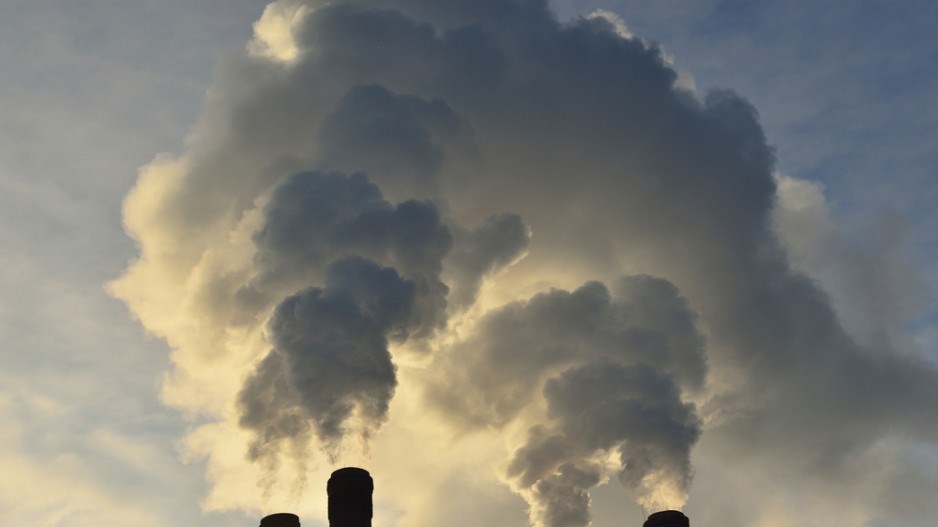Over 90 international climate scientists have signed on to a letter asking the Canadian government to reject Pacific Northwest LNG’s Lelu Island proposal.
The scientists say the LNG export project would drastically increase Canada’s greenhouse gas emissions, making it “virtually impossible” for British Columbia to meet provincial emissions reductions targets, and impacting Canada’s international climate change targets.
Signatories to the letter include former NASA scientist James Hansen and Australian scientist Tim Flannery, author of The Weather Makers and an influence on British Columbia’s groundbreaking carbon tax.
In December 2015, Canada signed on to an international commitment to keep global warming levels to within 2 degrees of pre-industrial levels, and has committed to reducing emissions to 30% of 2005 levels by 2030.
The group of scientists estimate that when upstream emissions from the Lelu Island proposal are factored, the project would could add as much as 22.5% to B.C.’s greenhouse gas emissions. When completed, the Lelu Island project would be “one of the largest point source emitters in Canada.”
B.C. Premier Christy Clark and her administration have pushed for the development of an LNG export industry in B.C. and have been particularly enthusiastic boosters of the Pacific Northwest LNG proposal. The Lelu Island location has faced pushback from environmental and First Nations groups because of the potential impact on salmon.
But Clark and her environment minister, Mary Polak, have argued that LNG can replace coal-fired power plants in countries like China, and therefore would reduce emissions overall.
However, the climate scientists reject that theory.
“There are many locations where LNG consumption would be additional to coal consumption, instead of replacing it,” they wrote. “Importantly, GHG emissions from fracking, transport, liquefaction, and regasification significantly reduce LNG’s GHG benefits over coal."
The Canadian Environmental Assessment Agency's project assessment is ongoing. Once completed, it will go to the federal cabinet for review. The Liberal government has committed to consider the upstream emissions of pipeline and LNG proposals.
@jenstden




